Cats, like humans, have a rich emotional life. Yet, unlike humans, they often can’t express their feelings with words. Spotting signs of emotional neglect in your feline friend may not always be straightforward, but it’s crucial for their well-being. Understanding these subtle cues can help you build a stronger bond with your cat, ensuring they feel loved and secure. This guide will explore the signs your cat might show if they’re feeling emotionally neglected. Recognizing these signs can make all the difference in your pet’s happiness.
Changes in Appetite
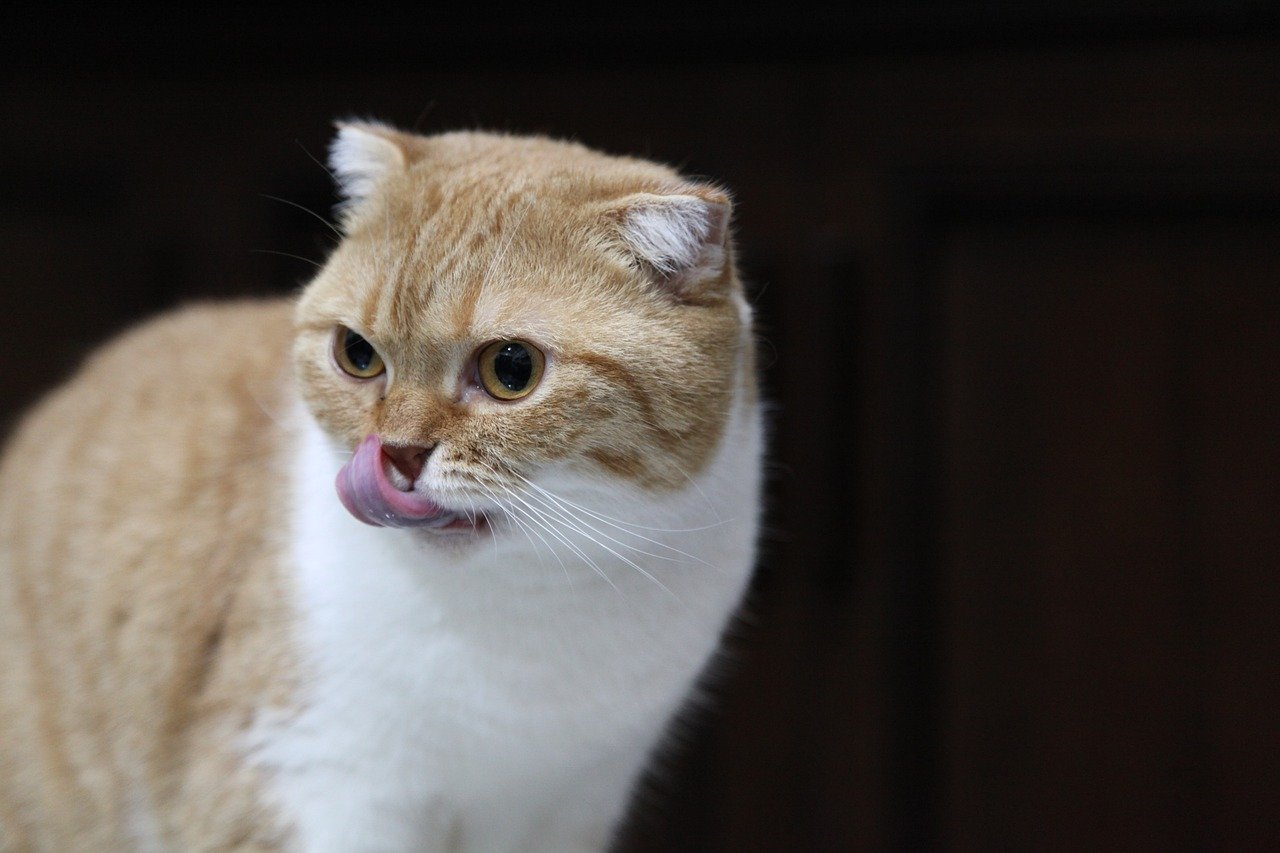
A sudden change in your cat’s eating habits could be a red flag. If your normally ravenous kitty suddenly loses interest in food, it could be a sign of emotional neglect. On the other hand, some cats may overeat if they feel emotionally neglected, using food as a comfort. Imagine a person who turns to food when they’re feeling down; cats can exhibit similar behaviors. It’s essential to monitor their eating patterns and consult a vet if changes are noticed. Regular meals and a balanced diet are crucial for maintaining their health. So, if you notice any drastic changes, it’s time to pay attention.
Excessive Grooming or Lack of Grooming
Grooming is a natural behavior for cats, but doing it excessively can indicate stress or anxiety. Think of it like a person biting their nails when nervous. Conversely, if your cat stops grooming altogether, it might be feeling unwell or neglected. Cats are known for their cleanliness, so a change in grooming habits is noteworthy. Check for bald patches or matted fur, as these can be signs of excessive or insufficient grooming. Regularly petting and checking your cat can help you notice these changes early. Maintaining a routine of grooming together can also strengthen your bond.
Changes in Litter Box Habits
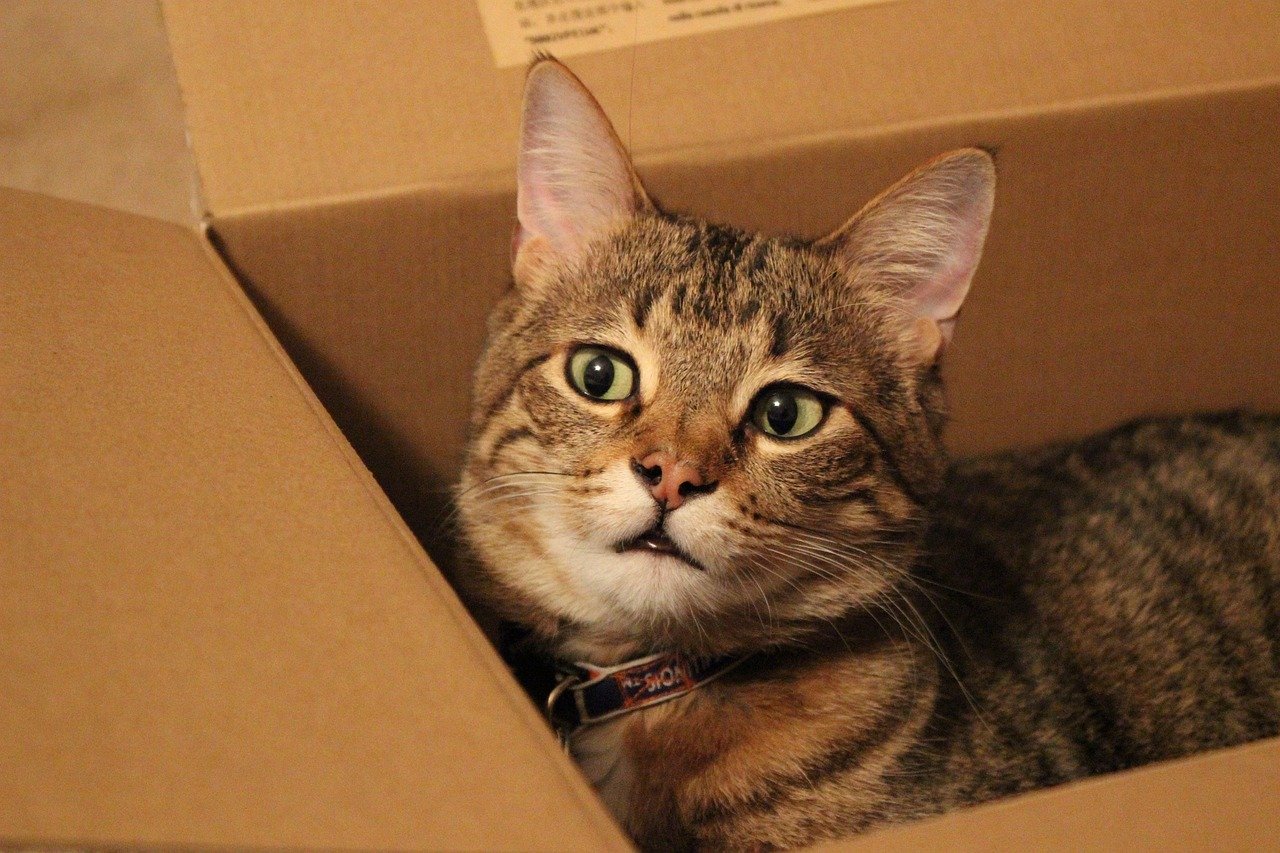
If your cat suddenly starts missing the litter box, it might be trying to tell you something. Cats are creatures of habit, and a sudden change in their litter box usage can be a sign of emotional distress. It’s similar to a child acting out when they feel neglected. Ensure the litter box is clean and in a quiet, accessible place. If your cat continues to have accidents, it could indicate they’re feeling anxious or neglected. Consulting with a vet can help rule out medical issues. Addressing the root cause can help your cat feel more secure and loved.
Increased Aggression
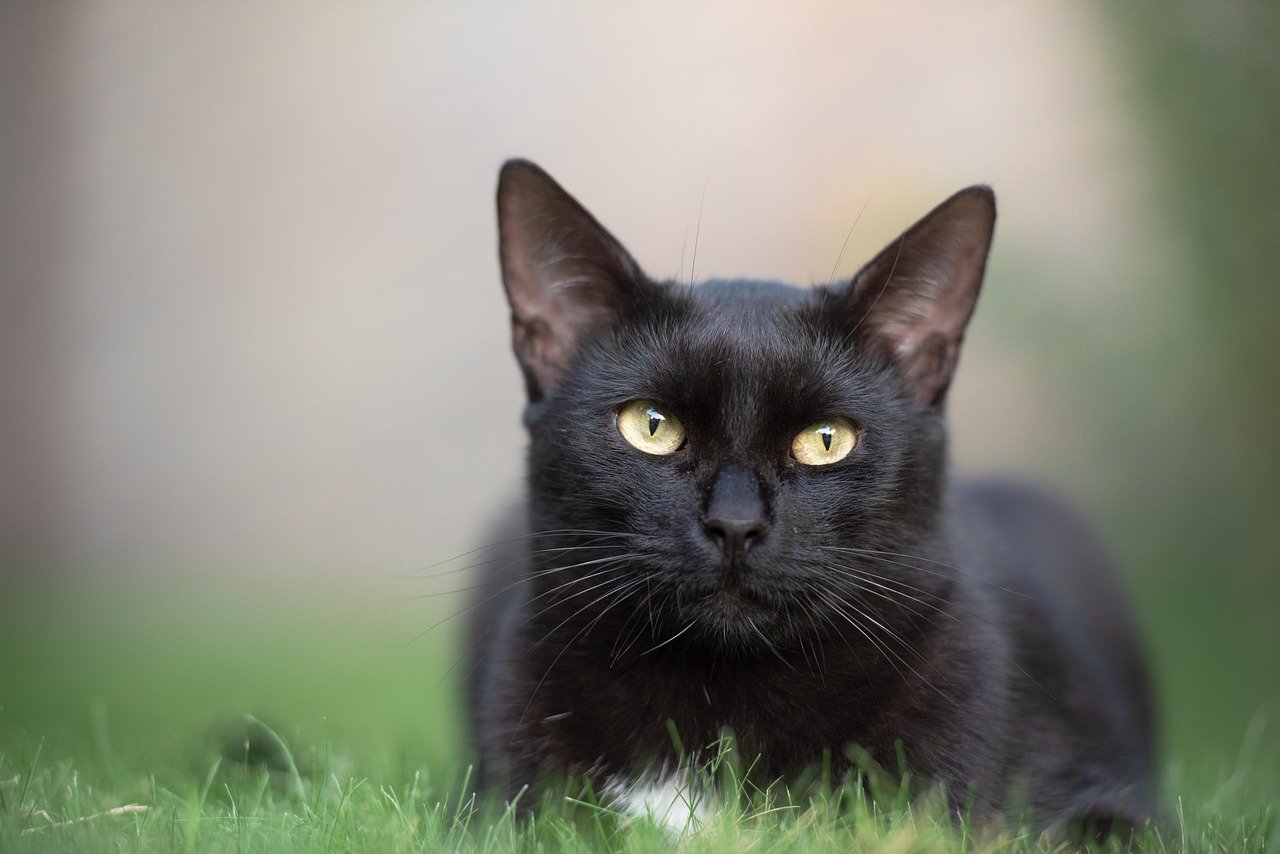
Cats often show aggression when they’re feeling stressed or neglected. This might manifest as biting, scratching, or hissing more than usual. Imagine a person lashing out when they’re feeling overwhelmed; cats can react similarly. It’s vital to approach them calmly and try to understand their triggers. Aggression can also be a sign of fear, so ensuring your cat feels safe is essential. Spend quality time with them, offering toys and treats to redirect their energy positively. Building trust can help reduce aggression over time.
Withdrawal or Hiding
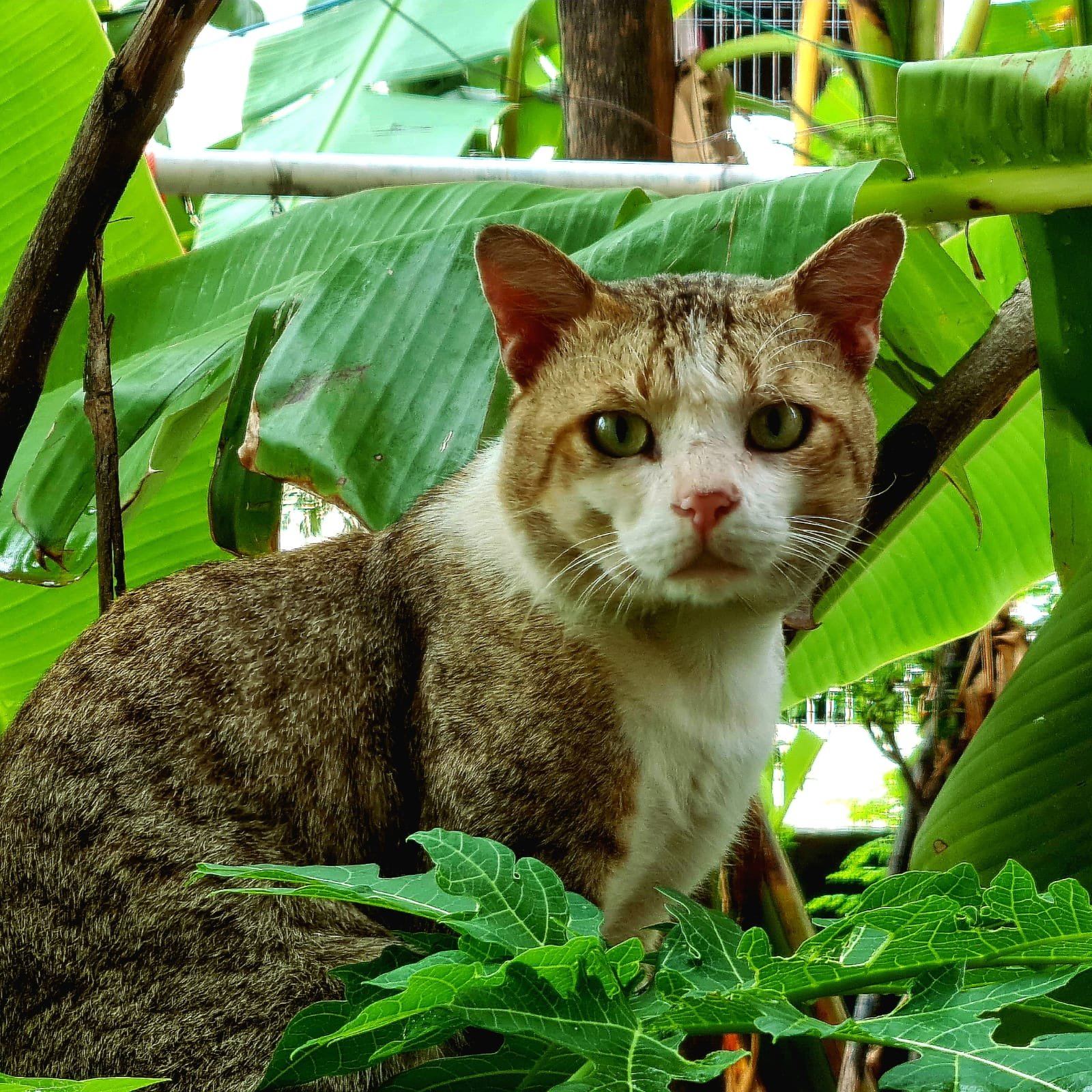
If your cat starts hiding away more often, it may be feeling emotionally neglected. Cats may retreat to a quiet space when they feel overwhelmed or stressed. It’s like a person seeking solitude when feeling down. Creating a safe and comforting environment can help encourage them to come out. Make sure they have a cozy spot to retreat to when needed. Offering gentle encouragement and spending quality time with them can help them feel more secure. Patience is key in coaxing them out of their shell.
Vocalization Changes
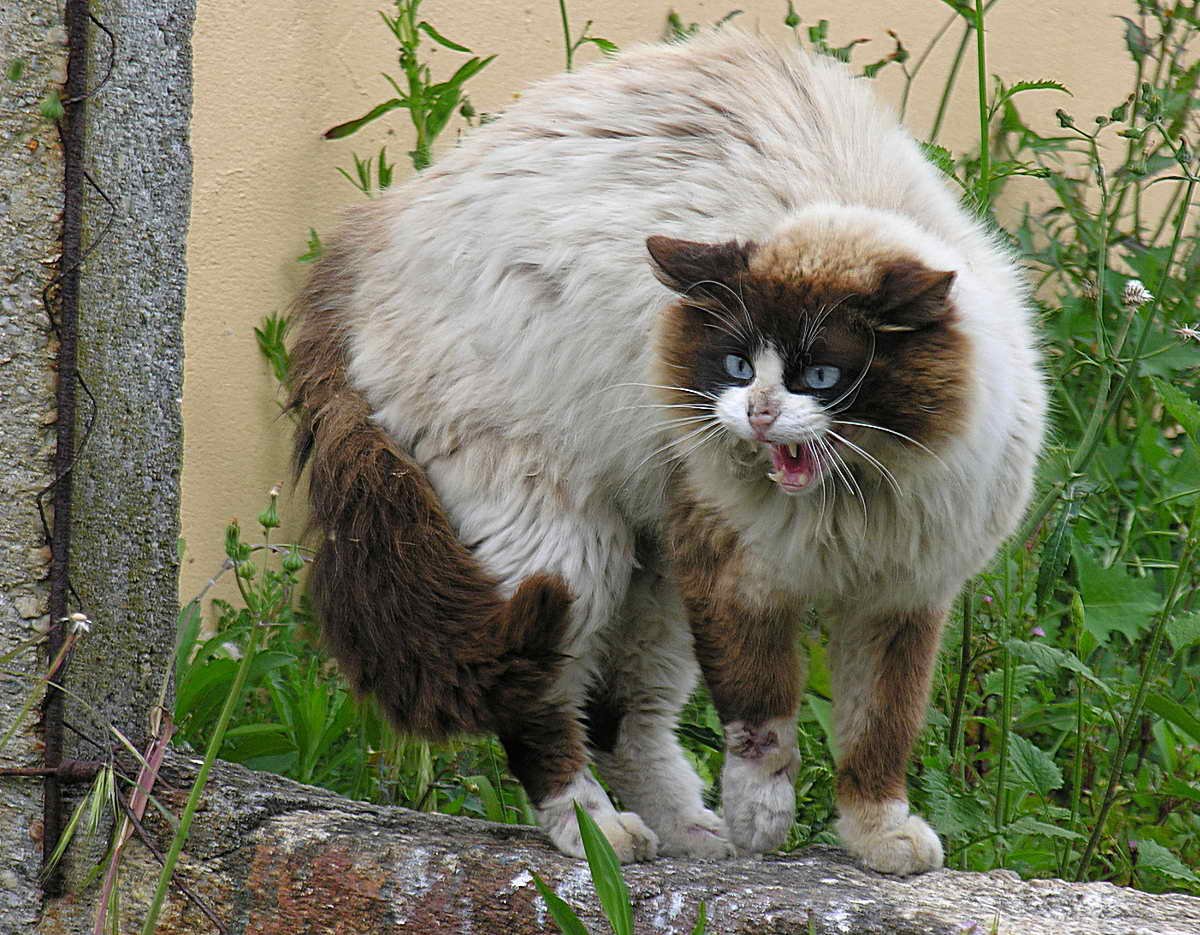
A sudden increase or decrease in vocalization can be a sign your cat is feeling neglected. If your usually quiet cat starts meowing excessively, it might be seeking attention. Conversely, a typically vocal cat becoming silent could indicate distress. It’s similar to a person who suddenly stops talking when they’re upset. Pay attention to these changes and try to understand what your cat is trying to communicate. Engaging in conversations with your cat, even if it feels silly, can encourage them to express themselves. Remember, communication is a two-way street.
Destructive Behavior
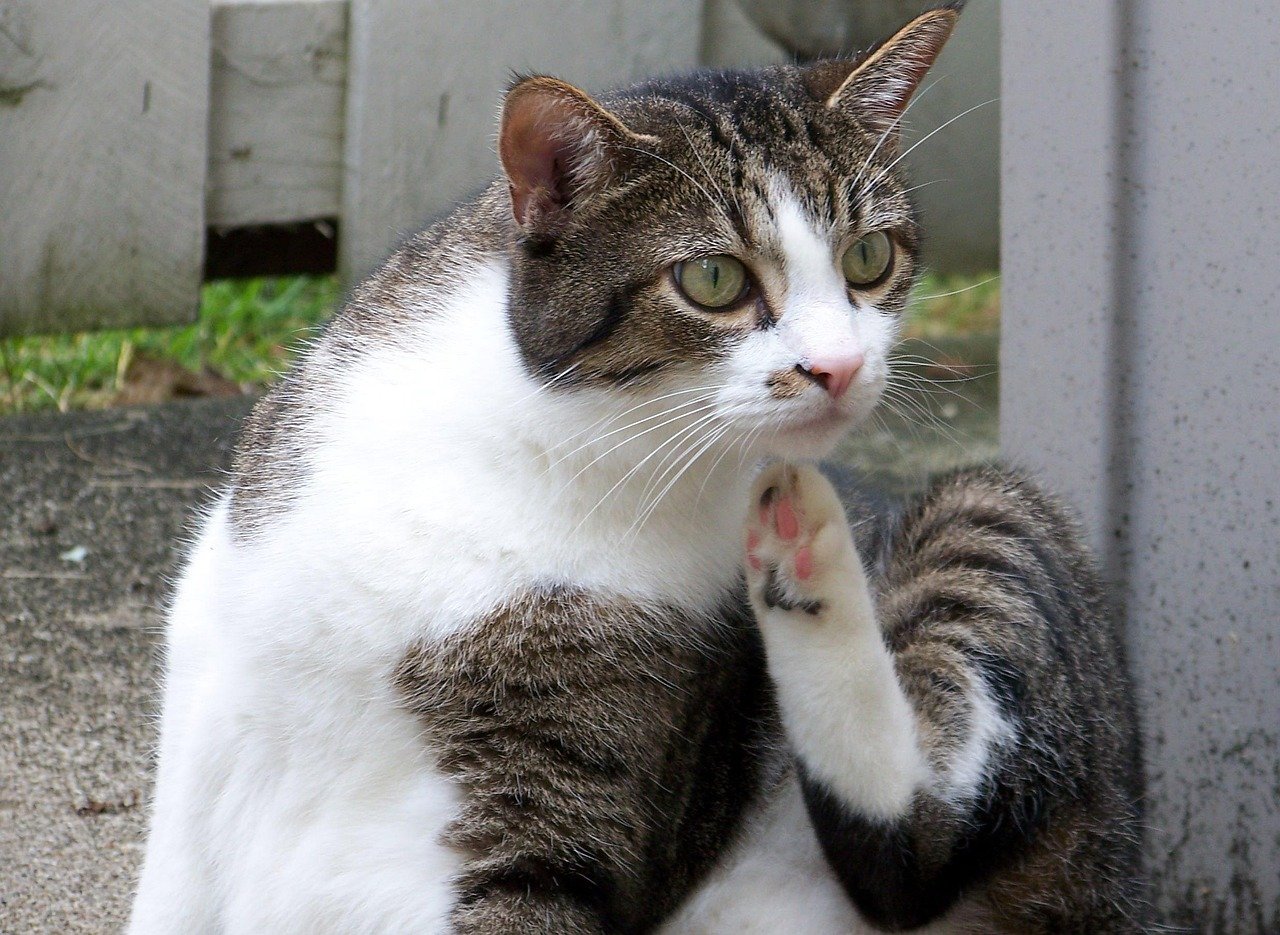
Cats might resort to destructive behavior as a way to vent their frustration. This could include scratching furniture, knocking items over, or chewing on things they shouldn’t. It’s akin to a teenager acting out when they feel neglected. Providing plenty of toys and scratching posts can help redirect this energy positively. Ensure your cat has enough mental and physical stimulation to keep them engaged. Spending quality time playing with your cat can help alleviate feelings of neglect. Positive reinforcement can also encourage better behavior over time.
Changes in Sleep Patterns
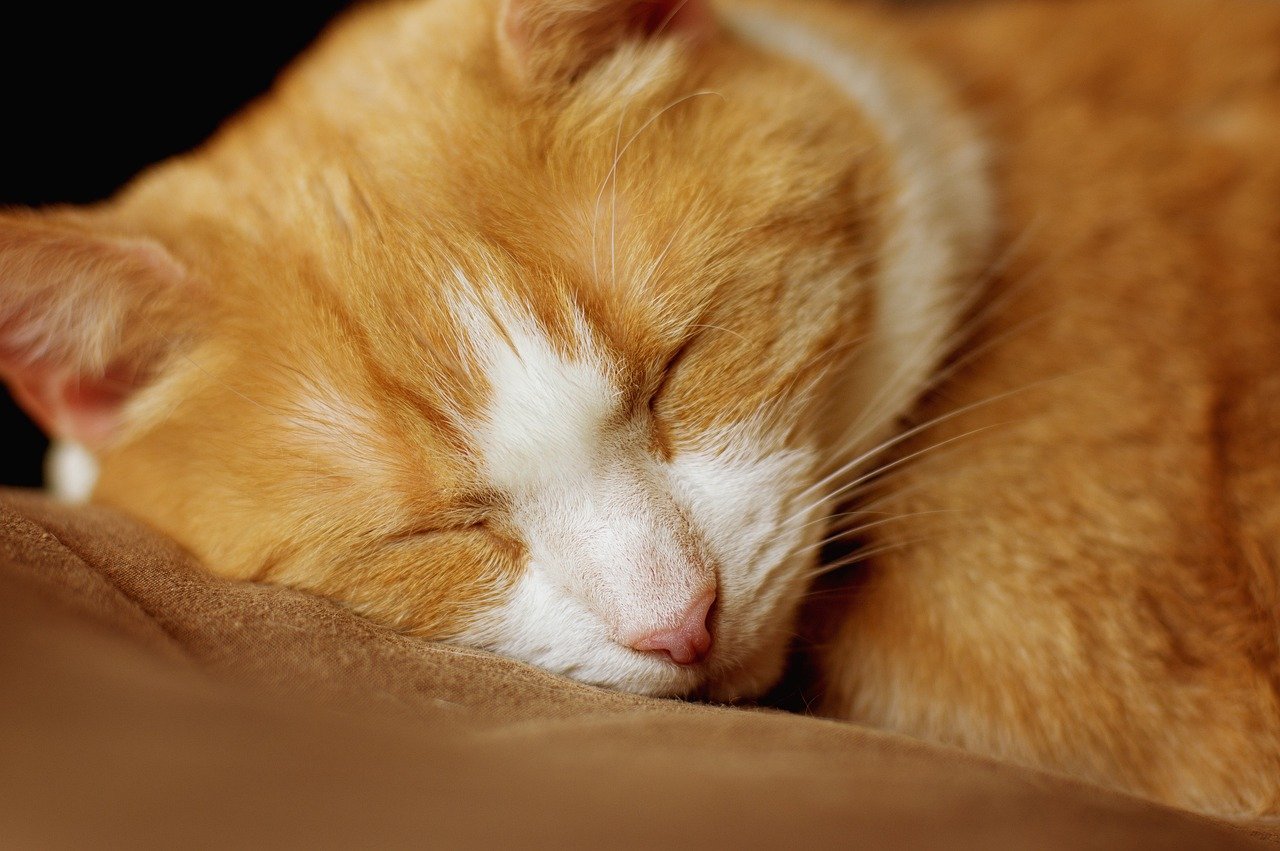
Cats typically sleep a lot, but changes in their sleep patterns can be a sign of emotional distress. If your cat is sleeping more than usual, it might be feeling down. On the flip side, if they’re restless and unable to settle, it could indicate anxiety. Think of a person who can’t sleep when they’re stressed. Ensuring your cat has a comfortable, quiet place to rest can help. Establishing a routine can also provide a sense of security. Observing their sleep patterns can help you spot any changes early.
Loss of Interest in Play
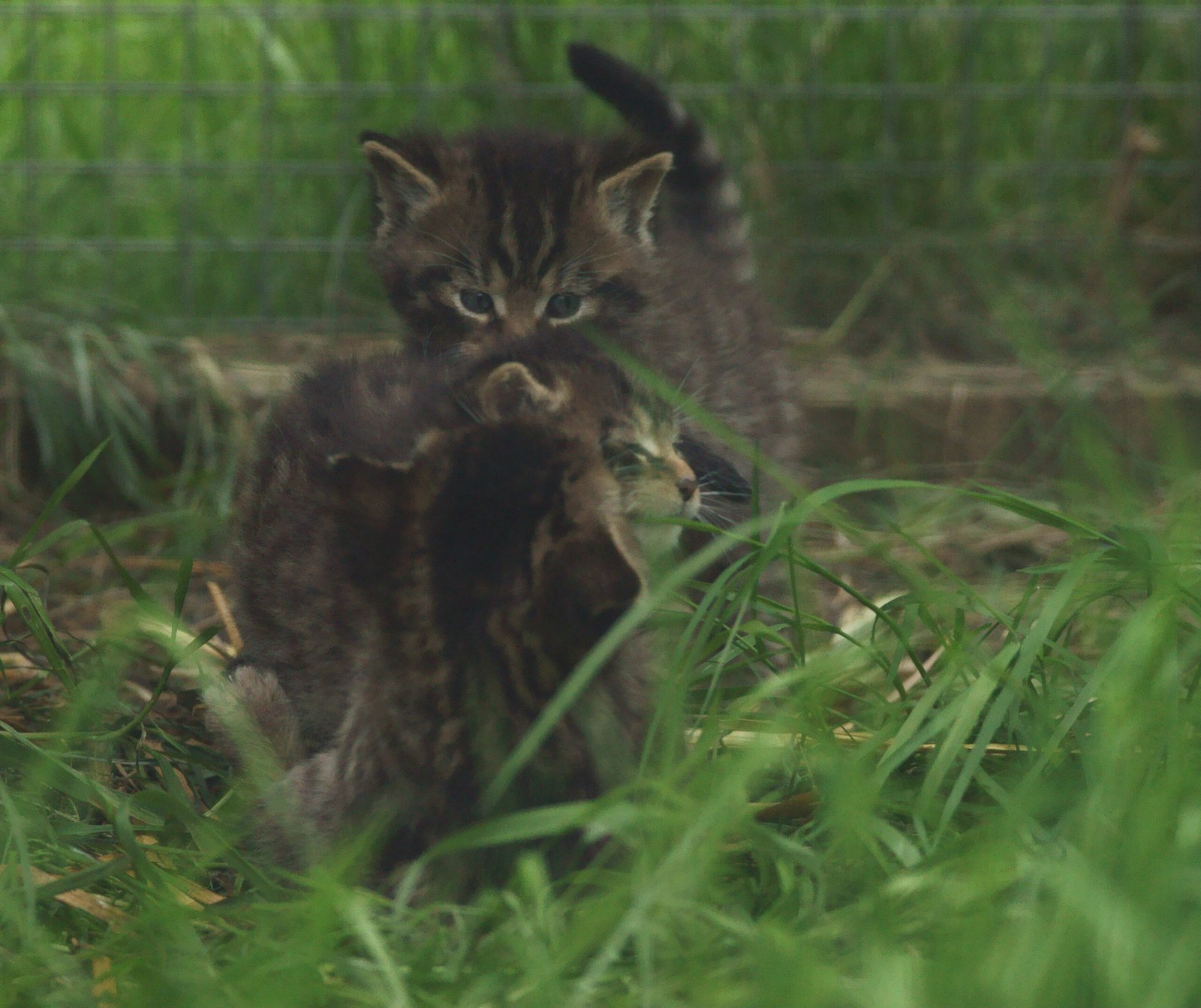
Play is an essential part of a cat’s life, providing both physical exercise and mental stimulation. If your cat suddenly loses interest in playtime, it might be feeling neglected. It’s similar to a person losing interest in hobbies they once enjoyed. Offering a variety of toys can help rekindle their interest. Spend dedicated time each day engaging in play with your cat. This not only provides stimulation but also strengthens your bond. Patience and creativity can go a long way in reigniting their playful spirit.
Lack of Affection
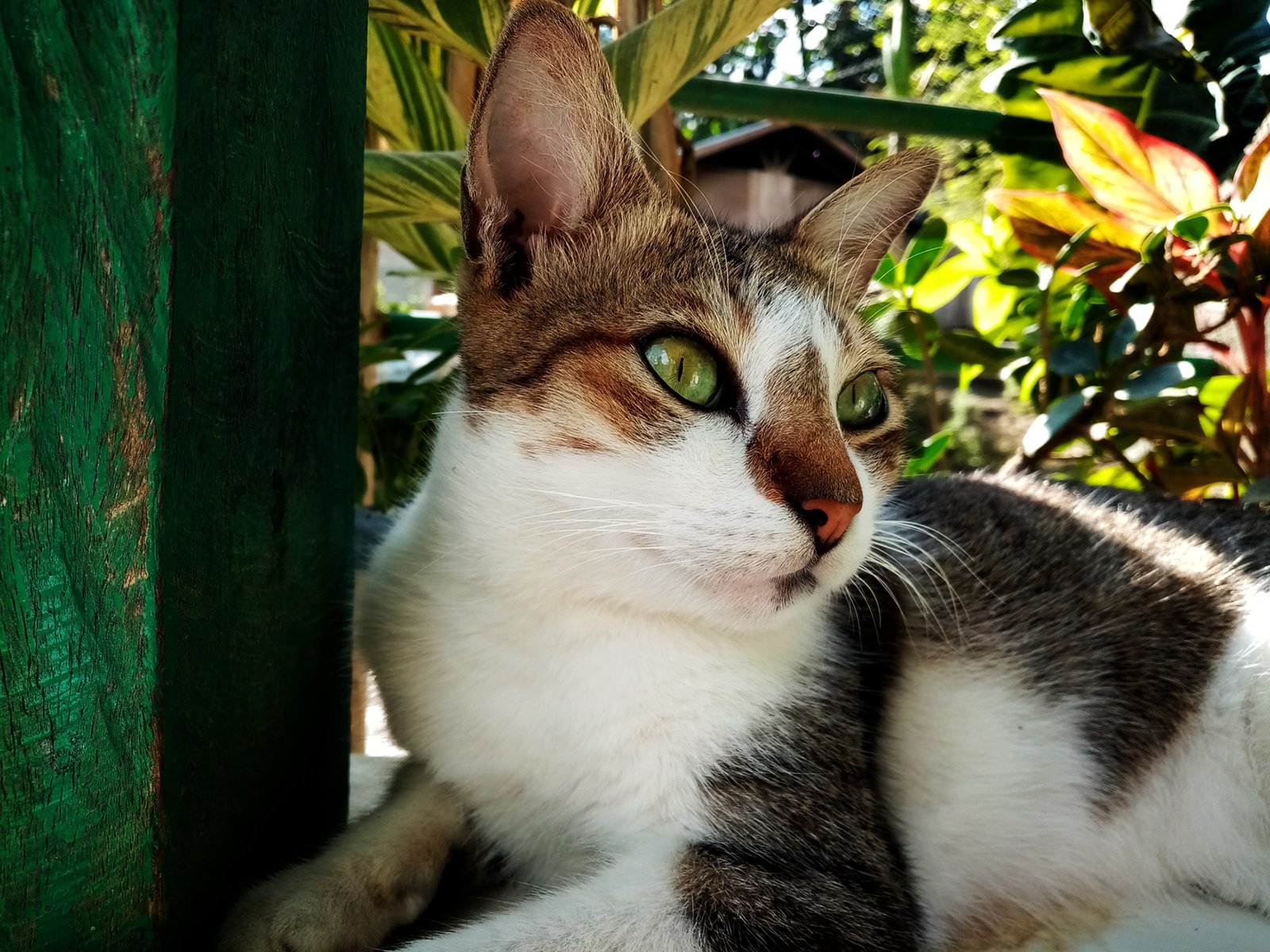
A cat that suddenly becomes less affectionate might be feeling emotionally neglected. If your usually cuddly cat starts avoiding your lap or shying away from petting, it could be a sign. It’s like a friend who suddenly stops reaching out. Ensuring you spend quality time with your cat, offering gentle affection, can help. Respect their space, but also make sure they know you’re there for them. Building trust through consistent affection can help them feel more secure. Remember, love and patience go a long way.
Over-Grooming or Licking
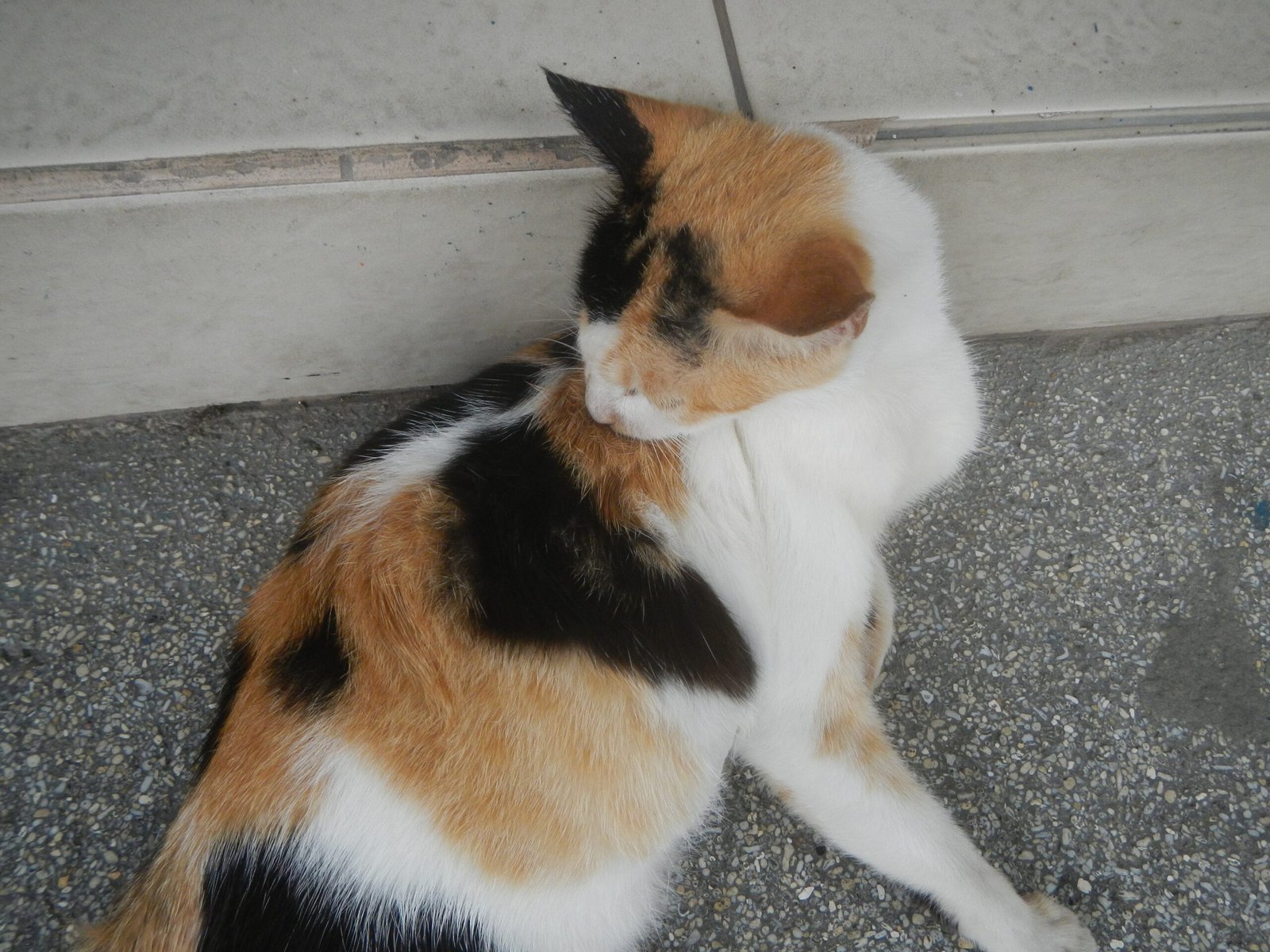
Over-grooming can be a sign of anxiety or stress. If your cat is licking excessively, it might be trying to soothe itself. It’s akin to a person fidgeting when they’re nervous. Check for any bald spots or skin irritation, as these can be signs of over-grooming. Providing a calm and safe environment can help reduce stress. Engaging in calming activities together can also help them relax. Monitoring their grooming habits can help you catch any issues early.
Changes in Body Language
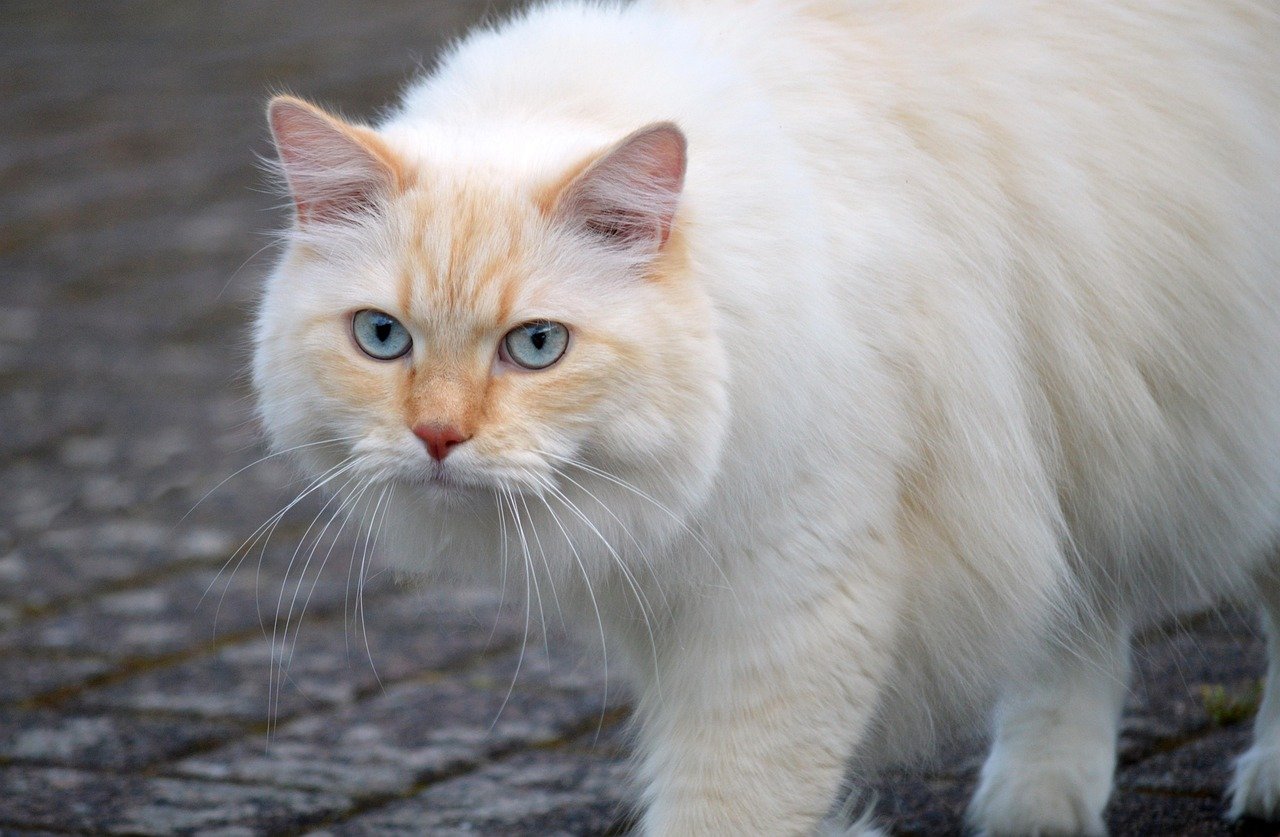
Cats communicate a lot through their body language. If your cat’s posture changes, it might be trying to tell you something. Flattened ears, a twitching tail, or a hunched posture can all indicate stress or neglect. It’s similar to a person crossing their arms when they feel defensive. Observing your cat’s body language can provide insights into their emotional state. Offering a calm and supportive environment can help them feel more at ease. Building trust through gentle interactions can encourage positive body language.
Increased Vocalization
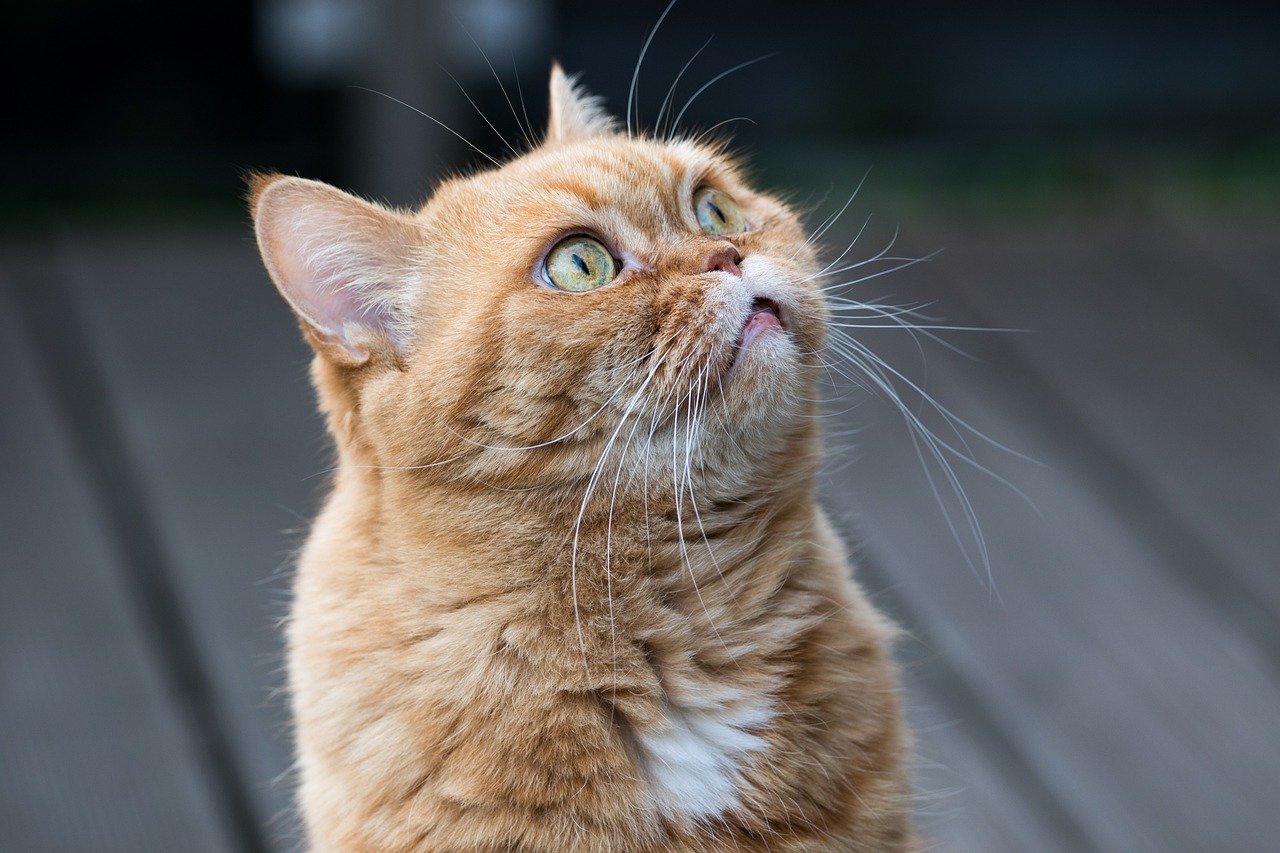
If your cat is meowing more than usual, it might be seeking attention. Excessive vocalization can be a sign of loneliness or emotional neglect. It’s like a person talking more when they feel ignored. Engaging in conversations with your cat can help them feel heard. Responding to their vocalizations with affection and attention can reassure them. Remember, communication is a two-way street. Ensuring your cat feels valued and heard can help reduce excessive meowing.
Seeking Attention
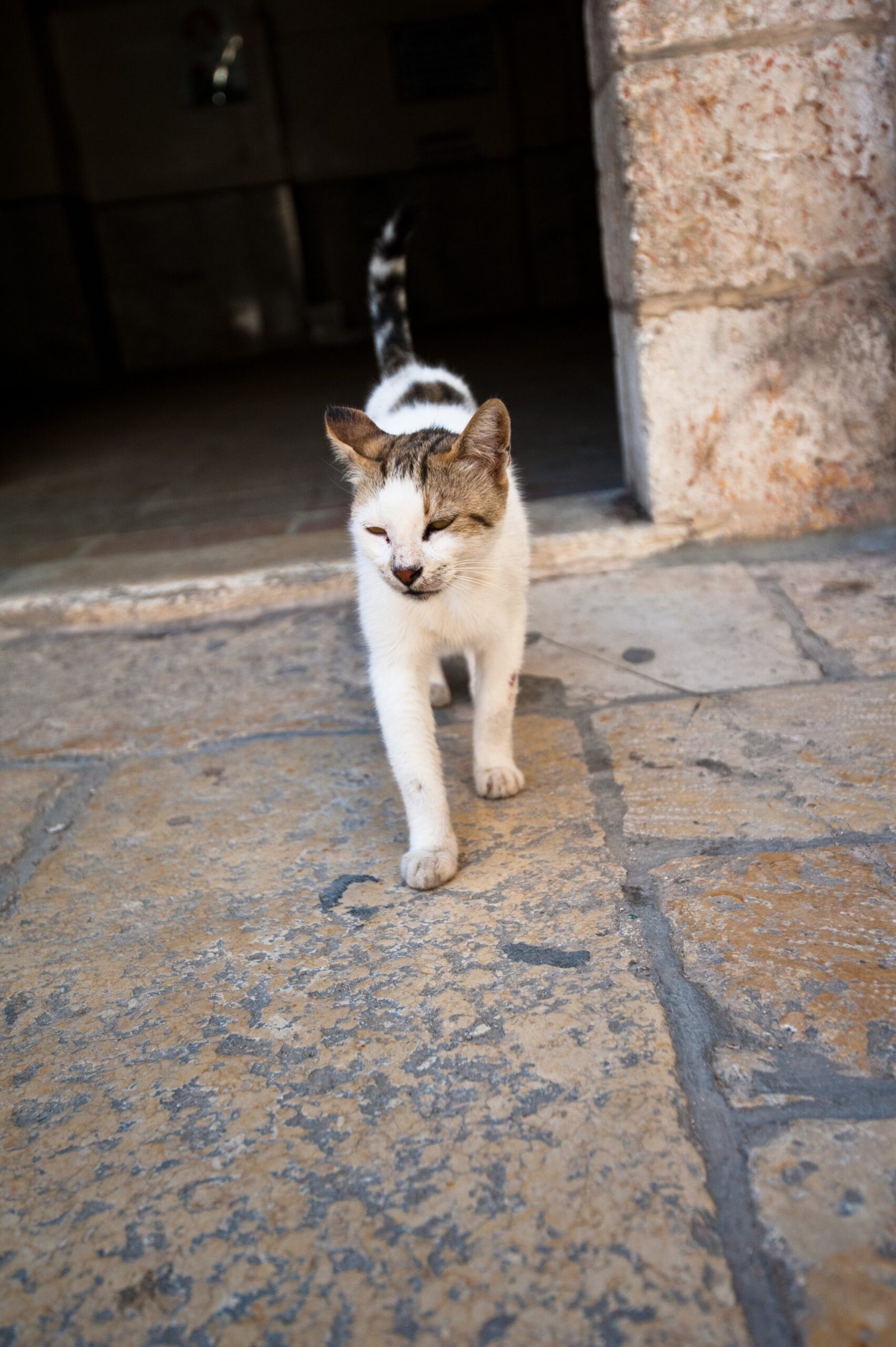
Cats might become more clingy if they feel neglected. If your cat is constantly seeking your attention, it might be trying to tell you something. It’s like a child tugging on your sleeve when they feel ignored. Spending quality time with your cat, offering affection and play, can help. Ensuring they feel valued and loved can reduce their need for constant attention. Building a routine can also provide a sense of security. Love and patience go a long way in reassuring your cat.
Changes in Eating Habits
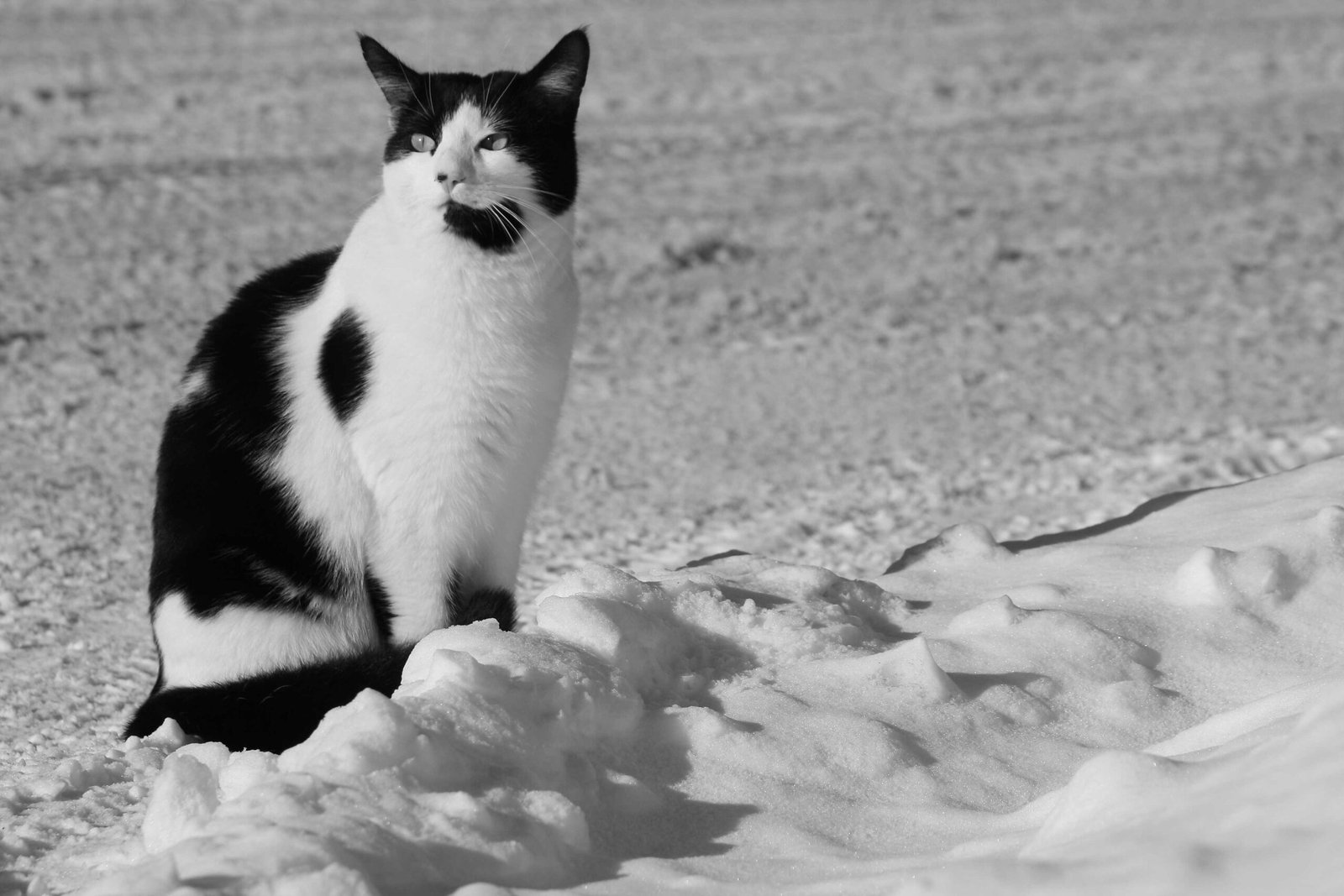
A sudden change in your cat’s eating habits can indicate emotional distress. If your cat is eating more or less than usual, it might be feeling neglected. It’s similar to a person losing their appetite when they’re upset. Monitoring their eating patterns can help you catch any issues early. Ensuring they have a balanced diet and regular meals is crucial. Consulting with a vet can help rule out medical issues. Addressing the root cause can help your cat feel more secure and loved.
Loss of Interest in Surroundings
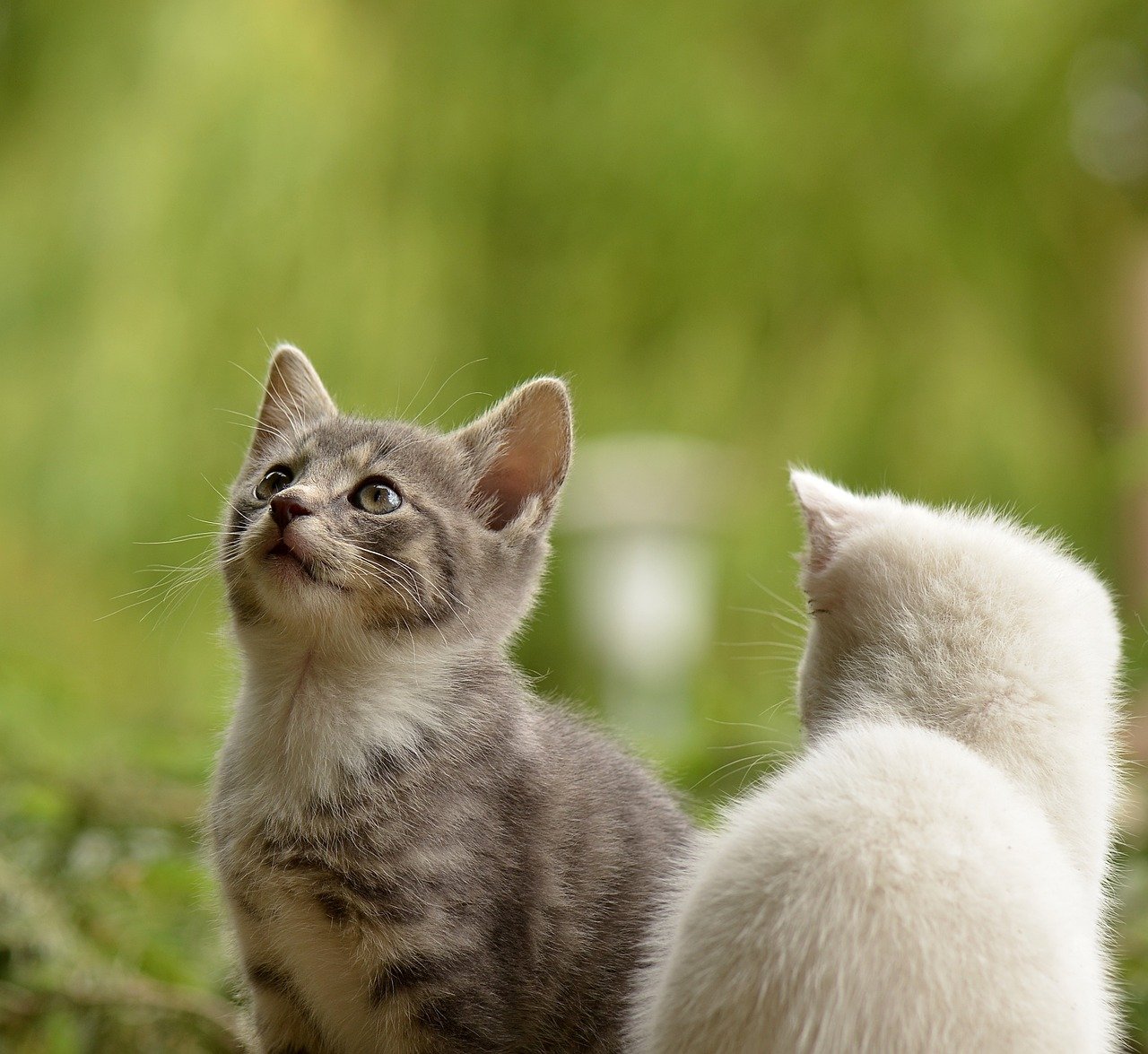
Cats are naturally curious creatures, so a sudden loss of interest in their surroundings can be a sign of neglect. If your cat stops exploring or engaging with its environment, it might be feeling down. It’s like a person losing interest in the world around them when they’re feeling low. Providing stimulation through toys and activities can help reignite their curiosity. Spend quality time engaging with your cat in their environment. Encouraging exploration and play can help lift their spirits.
Change in Social Behavior
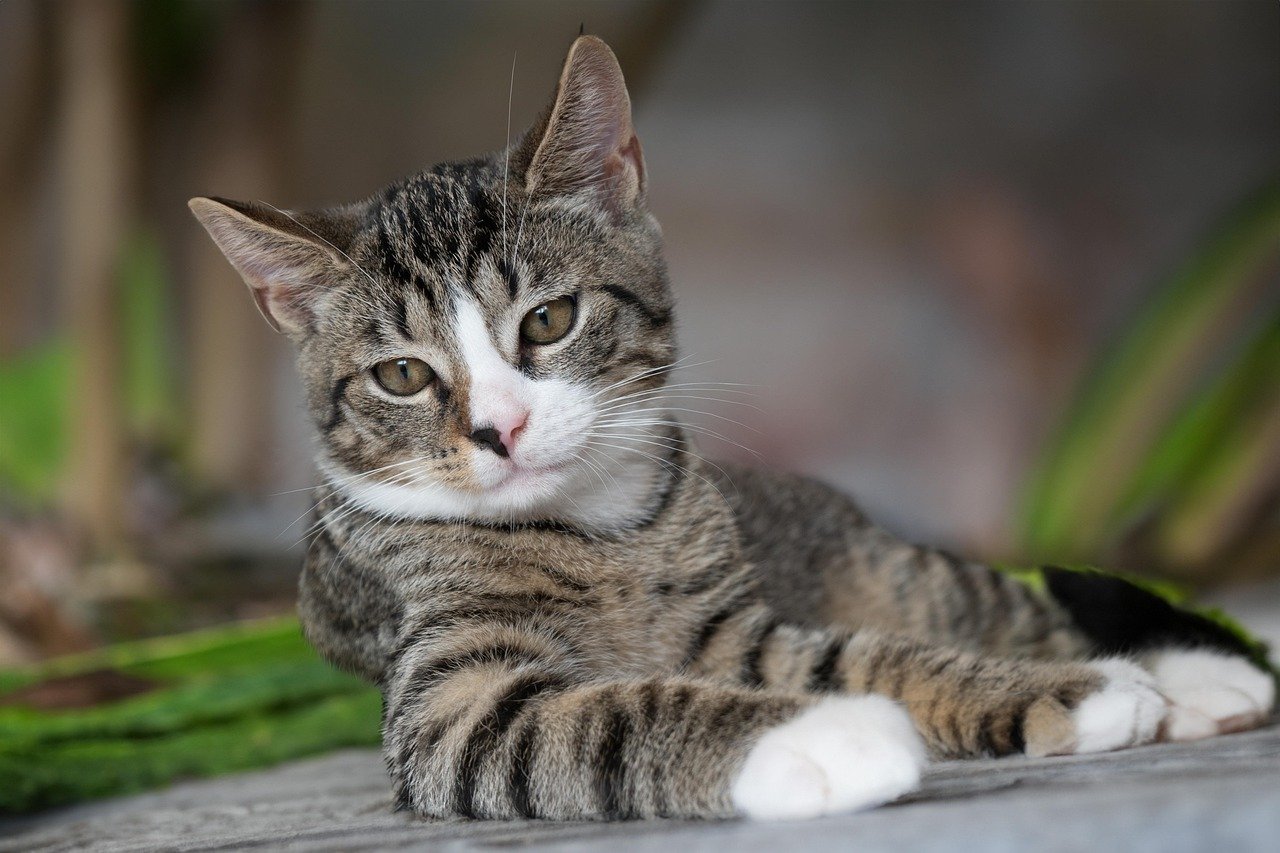
Cats that suddenly become more or less social might be feeling emotionally neglected. If your cat starts avoiding people or other pets, it could be a sign. It’s similar to a person withdrawing from social interactions when they feel down. Ensuring your cat feels safe and secure in their environment can help. Spend quality time engaging in positive social interactions with your cat. Building trust and providing a sense of security can encourage them to be more social.
Purring Changes
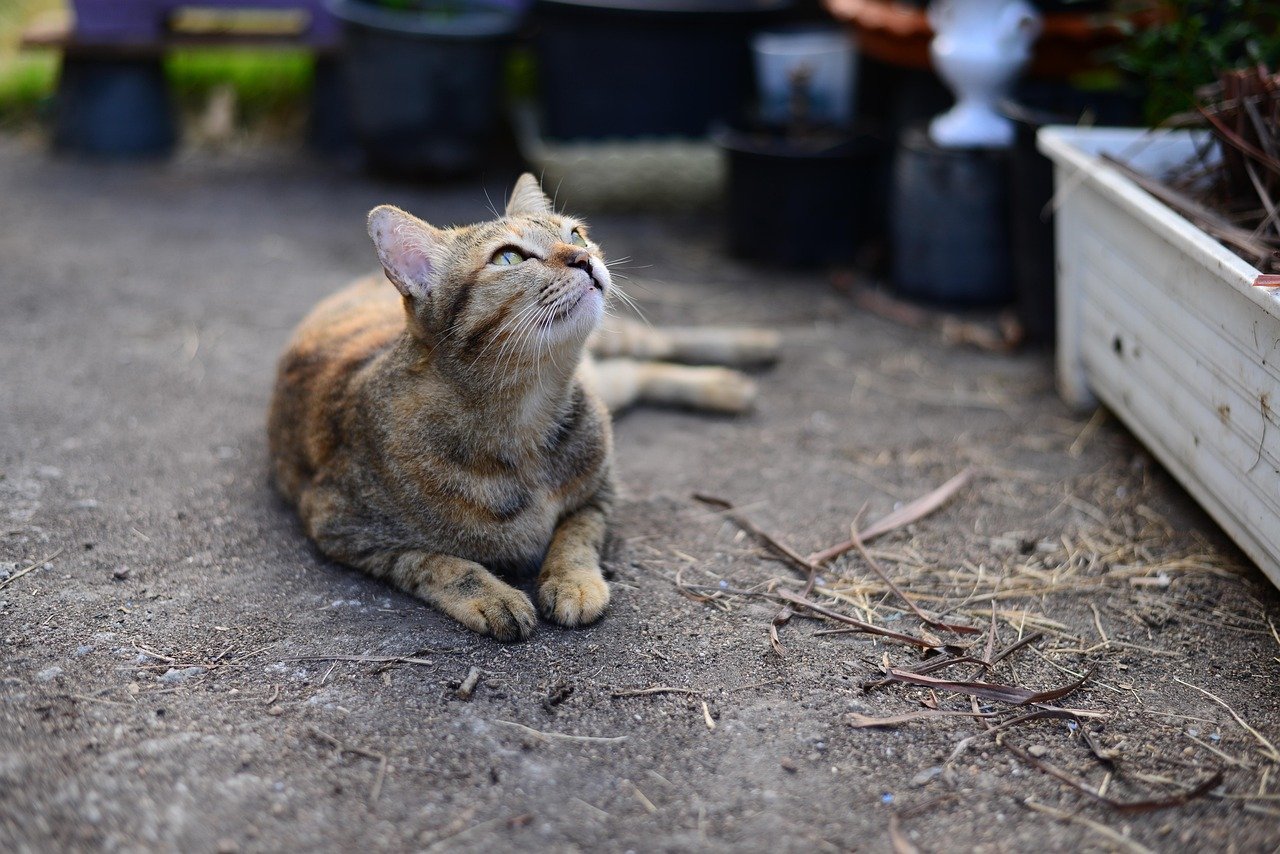
Purring is often associated with contentment, but changes in purring can indicate distress. If your cat stops purring or starts purring excessively, it might be feeling neglected. It’s like a person who suddenly stops smiling when they’re upset. Observing your cat’s purring patterns can provide insights into their emotional state. Offering affection and attention can help reassure them. Remember, communication is a two-way street. Ensuring your cat feels valued and heard can help reduce changes in purring.
Fearful Behavior
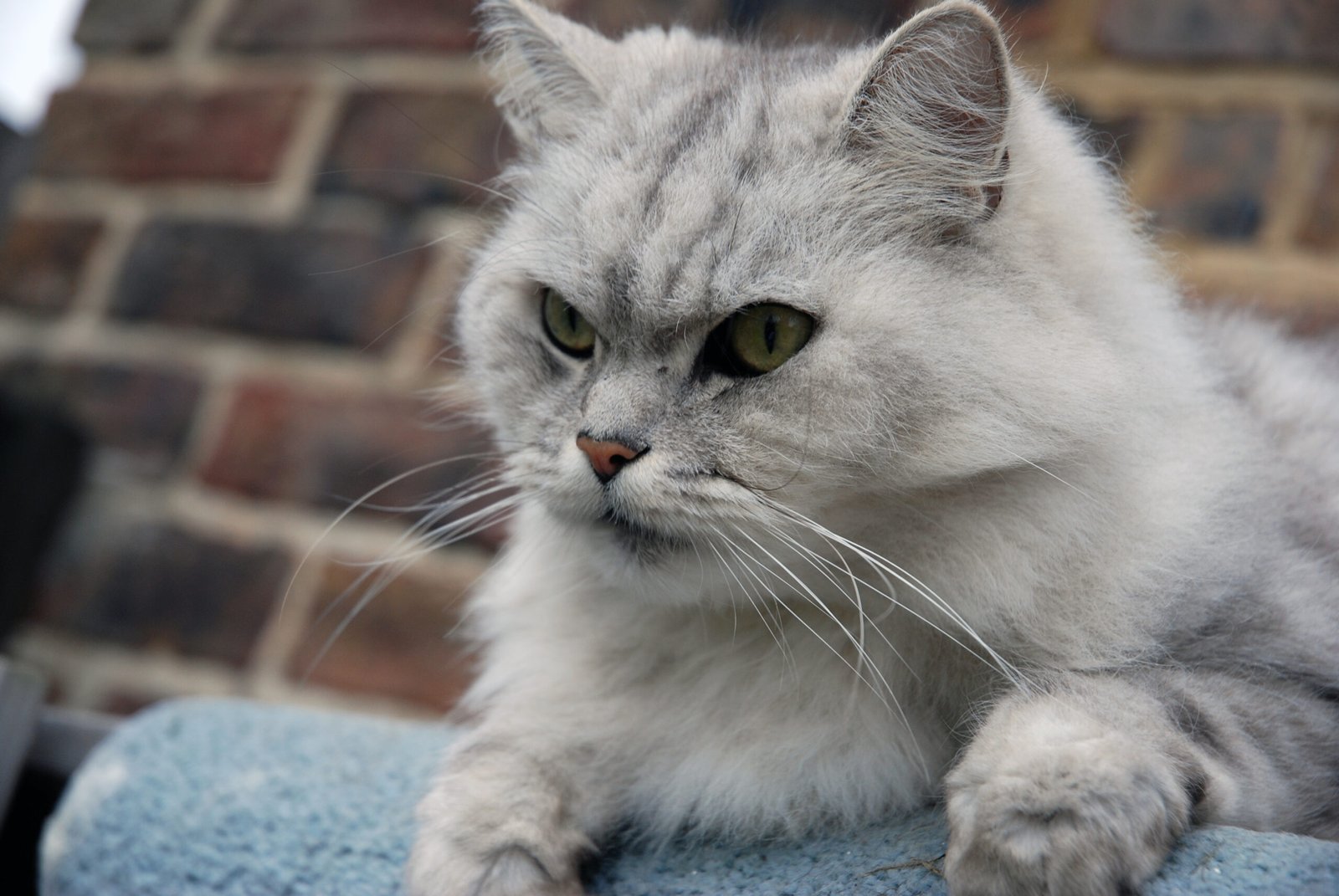
If your cat suddenly becomes more fearful, it might be feeling neglected. Cats that startle easily or hide more often might be experiencing stress or anxiety. It’s like a person becoming jumpy when they’re feeling overwhelmed. Providing a safe and calm environment can help reduce fearfulness. Ensuring your cat feels secure and loved can help them feel more at ease. Building trust through gentle interactions can encourage positive behavior.
Conclusion
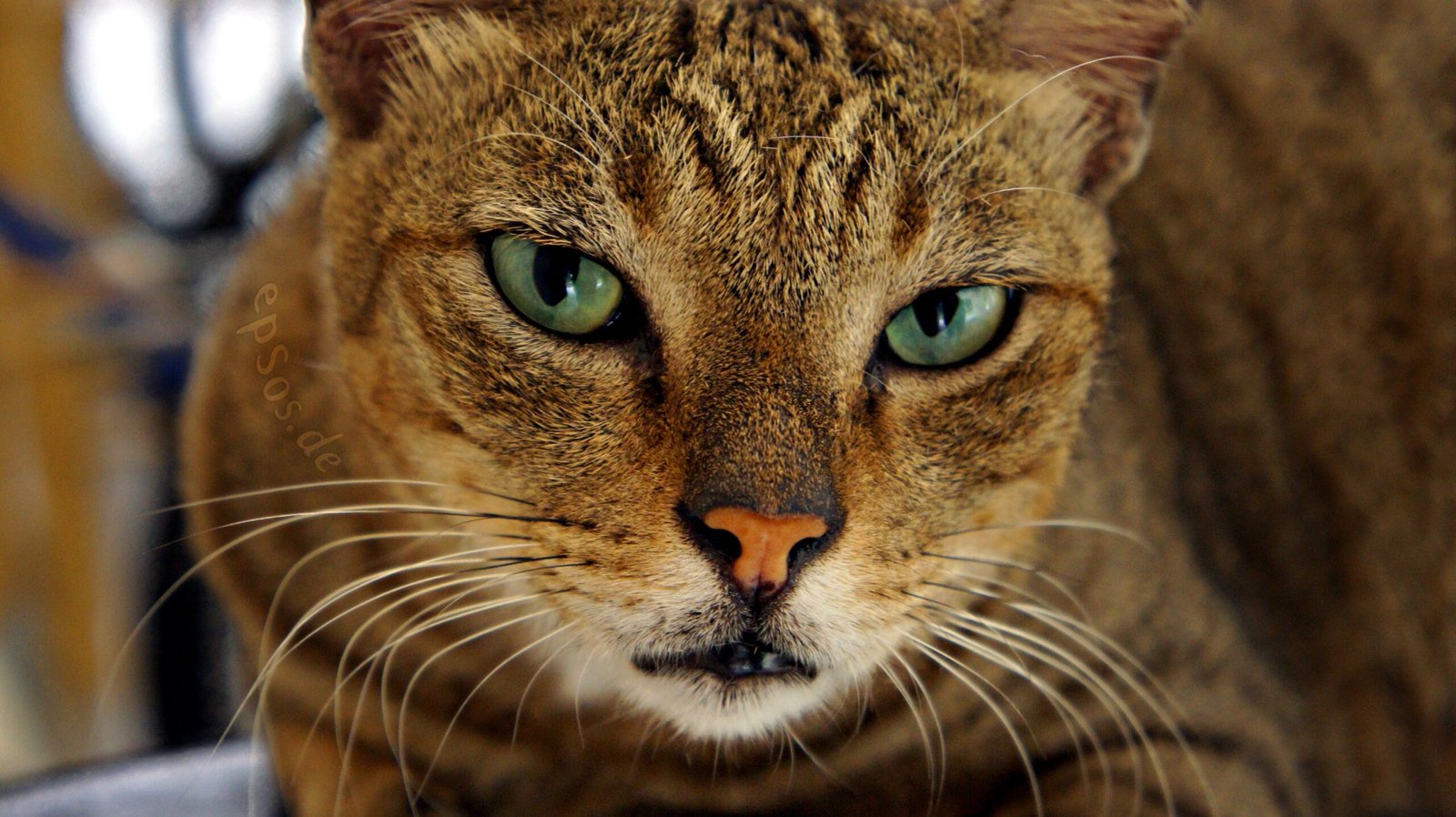
Recognizing signs of emotional neglect in your cat is crucial for their well-being. By understanding these subtle cues, you can build a stronger bond with your feline friend. Remember, love and patience go a long way in ensuring your cat feels valued and secure. Pay attention to their behavior and take action when needed. Your cat relies on you for their happiness, and noticing these signs early can make all the difference.
Hi, I’m Bola, a passionate writer and creative strategist with a knack for crafting compelling content that educates, inspires, and connects. Over the years, I’ve honed my skills across various writing fields, including content creation, copywriting, online course development, and video scriptwriting.
When I’m not at my desk, you’ll find me exploring new ideas, reading books, or brainstorming creative ways to solve challenges. I believe that words have the power to transform, and I’m here to help you leverage that power for success.
Thanks for stopping by, Keep coming to this website to checkout new articles form me. You’d always love it!






